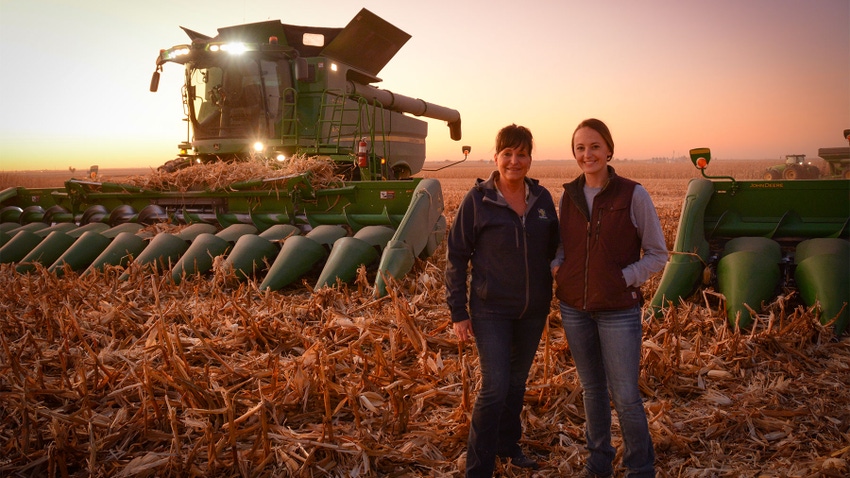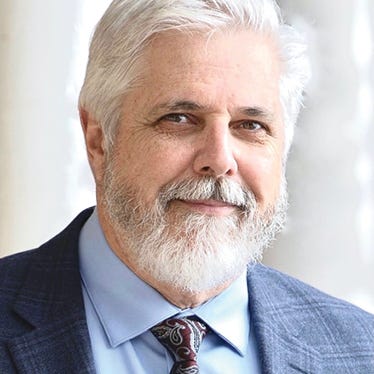February 13, 2024

Number crunchers have finally finished counting heads and tails on farms, and the new U.S. Census of Agriculture is ready for release. If recent trends hold true, expect to see even more women counted as farm operators.
Census officials started keeping tabs on women farm operators in 1978. By the 2002 census, the number of farms operated primarily by women had more than doubled. Fifteen years later, the census reported that nearly 30% of all principal operators were women.
That’s a good, and just, story in itself. But from a communications perspective, Heather Hampton+Knodle, immediate past-president of American Agri-Women, says the story gets even better.
Hampton+Knodle, a family farmer from Montgomery County, Ill., logged more than 200,000 miles during her five-year tenure as an AAW board member, including two years as president. During that time, she sought out opportunities to exchange views on agriculture with nonfarm women whenever possible — such as during layovers in airports, when there’s time to connect.
The main thing she noticed was that conversations went deeper and became more intricate. Once introduced, Hampton+Knodle and her new acquaintances would gravitate toward detailed discussions about issues such as farmers’ role in wildlife preservation and the nutritional value of commodities produced with modern agriculture (i.e., technology).
She particularly remembers an encounter with a fellow women traveler she met at Boston Logan International Airport, whose suburban yard had become besieged with deer.
“I explained that the problem was overpopulation of the deer because they were so well fed in the country, and they had less fear of encroaching development,” Hampton+Knodle says. “It was exactly the opposite of her perception that they had run out of habitat. By the end of our conversation, she knew farmers were providing a refuge for more wildlife all the time. She had no idea that was the case. But neither of us were trying to sell each other on an idea. We were just developing an understanding.”
Deep learners
The women Hampton+Knodle met had a clear fascination with what they were learning. But they also wanted to be heard and offer their opinions.
And like the census suggests, more and more, they were giving those opinions directly to a farm operator … who just so happened to be a woman.
So what’s behind the increasingly substantial information exchange?
In part, it comes with advanced listening skills, which is an important part of the territory when you’re a leader like Hampton+Knodle. My mantra to my agricultural communications class at the University of Illinois is this: “You talk, I listen. I talk, you listen. We learn.” Leaders are good listeners, and like Hampton+Knodle — who was once in their shoes as a U of I ag communications major in the early 1990s — I’m confident my students (who are mostly women) will be agriculture’s leaders of tomorrow, listening, talking and teaching.
But there’s something more at play. Social media is chastised for its sound-bite approach to communications and headline-like, shallow content. However, Hampton+Knodle says some platforms offer farm operators an opportunity to “go deep” with tools such as blogs, podcasts and Instagram to help others understand the bigger picture.
Communications is a pursuit that never ends. When the census is released and farm operators are identified by gender, we’ll see who’s leading the discussion.
About the Author(s)
You May Also Like






